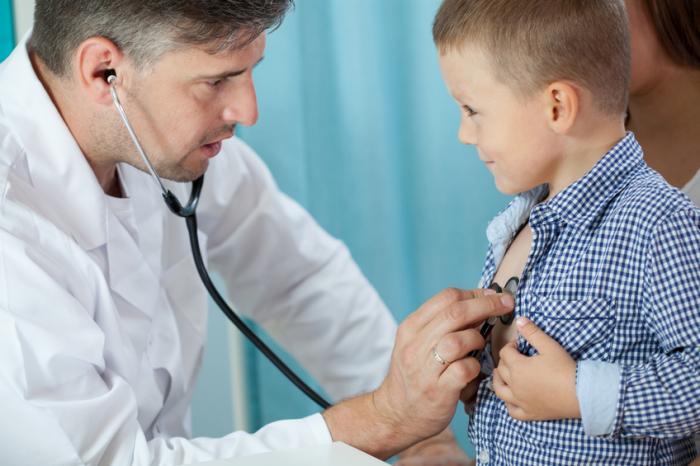An abnormal heart rhythm is called an arrhythmia.
Sometimes palpitations are symptoms of arrhythmias. You might feel like your heart is racing, thumping or skipping beats. You might notice them during exercise, when you’re stressed or after having caffeine or nicotine.
If you have palpitations or feel you have an irregular heart beat, it’s important to see your doctor or health practitioner to find out the cause. All arrhythmias require treatment.
There are 4 different kinds of arrhythmias:
- Premature (extra) beats are the most common type of arrhythmia. They can feel like fluttering in the chest. These can result from stress, too much exertion, caffeine or nicotine.
- Supraventricular tachycardias are fast heart rates. Atrial fibrillation is a form of this. More details about atrial fibrillation, for professionals, is here.
- Ventricular rhythm issues can stop the ventricle pumping blood around the body. It can result in sudden cardiac arrest.
- Bradycardia is when your heart beat is too slow. It can mean that not enough blood reaches your brain and can cause you to pass out.
Causes
Arrhythmias are caused by problems in your heart’s electrical system. They can happen because of heart disease, or other things like:
- blocked electrical signals, abnormal electrical signal pathways, or irritable heart cells that send out signals when they shouldn’t
- some medicines, or stimulants like caffeine, nicotine or alcohol
- a coronary artery spasm (called Prinzmetal angina). This a temporary discomfort or pain caused by a spasm (constriction) in 1 or more of your coronary arteries which can block the blood supply to your heart muscle. Spasms can range from very minor to severe, and sometimes may completely block your coronary artery.
Sometimes there’s no known cause.
Diagnosis
To see if you have an arrhythmia, your doctor may use tests like:
- electrocardiogram (ECG)
- stress tests
- tilt tests
- electrophysiology studies.
Treatment
There are different treatments for arrhythmias. The best one for you depends on the cause and how much the arrhythmia affects you.
Medicines
Your doctor may prescribe medicines to treat some arrhythmias. They may restore or maintain a normal heart beat in the short or long term.
It’s important to take them as prescribed.
Procedures and devices
Implantable medical devices can be used to treat some types of arrhythmias, like:
- artificial pacemakers (usually for a slow heart beat, bradycardia)
- implantable cardiac defibrillators (ICDs) for people at risk of more dangerous arrhythmias.
Your doctor may recommend procedures like electrical cardioversion or catheter ablation.
Sometimes surgeons can operate to remove the sections of the heart muscle that aren’t working properly. Surgery isn’t common, but can be very effective in treating some arrhythmias.
Lifestyle changes
Arrhythmias are often associated with other forms of heart disease. It’s important to manage the risk factors for heart disease to avoid more heart problems.

